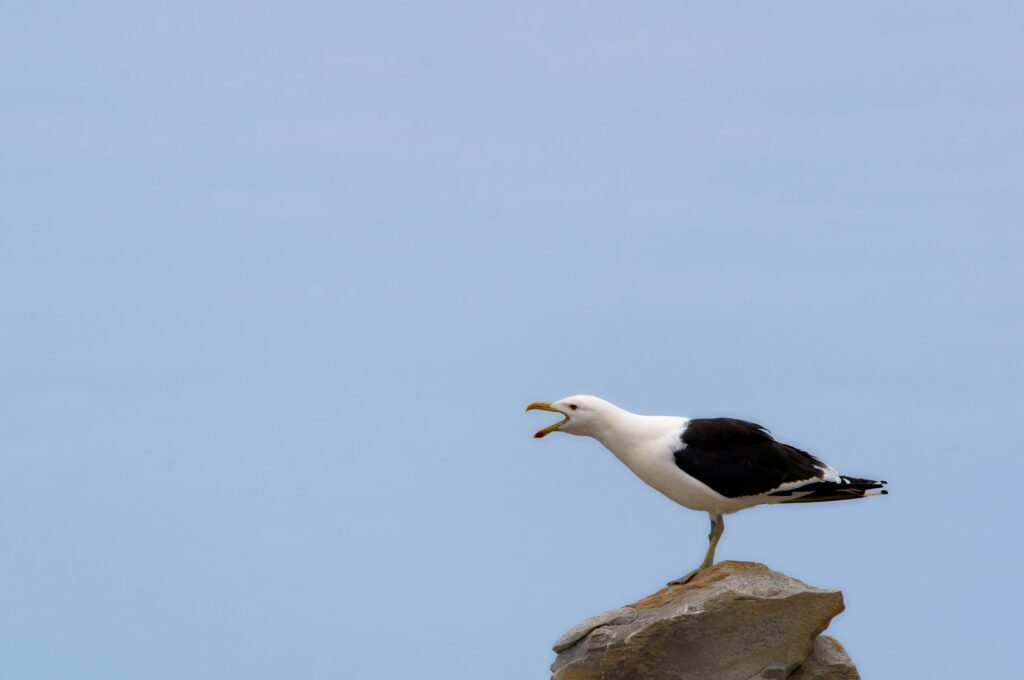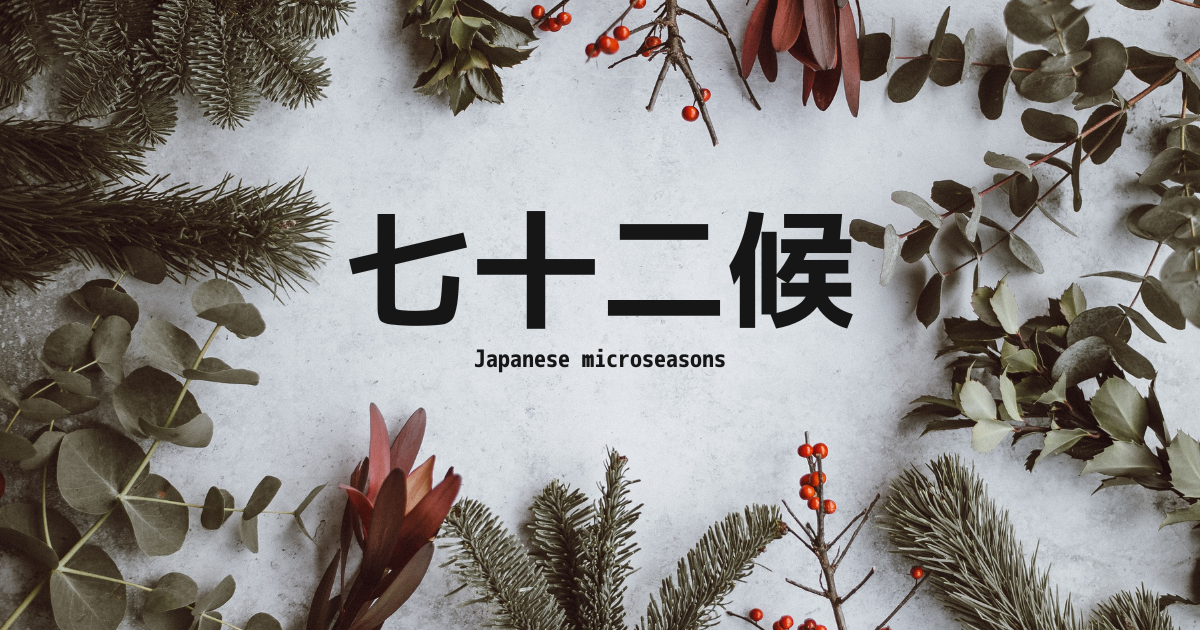雉始雊(きじはじめてなく)
Japanese
二十四節気の小寒の末候は「雉始雊(きじはじめてなく)」です。これは、キジのオス(雄)がメス(雌)を呼び寄せるために、鳴き始める頃を意味します。
キジは、日本や中国、東南アジアなどの温帯から亜熱帯にかけて分布する鳥類です。全長約90cmで、雄は美しい羽毛を持ちます。額に赤い肉瘤(にくりゅう)があり、背は深緑色、胸は赤褐色、腹は白色です。また、長い尾羽を持ち、求愛時には羽を広げてメスにアピールします。
キジの鳴き声は「ケーン」と聞こえ、甲高く響きます。この鳴き声は、メスを呼び寄せるだけでなく、縄張りを主張したり、他のキジに警告したりするためにも使われます。
「雉始雊」は、まだ寒さが厳しい小寒の時期に、キジの求愛行動が始まることを示しています。この時期は、冬の寒さから春の訪れへの期待に胸が膨らむ季節でもあります。

English
The 69th phase of the 72 seasonal signs, also known as “Ji Zhi Gua”, marks the beginning of the mating season for pheasants. The male pheasants start to crow to attract the females.
Pheasants are birds that are native to temperate and subtropical regions of Asia, including Japan, China, and Southeast Asia. They are about 90 centimeters long, and the males have beautiful plumage. The males have a red wattle on their forehead, a deep green back, a reddish-brown chest, and a white belly. They also have long tail feathers that they spread out to attract the females during courtship.
The male pheasant’s crow is loud and piercing. It is used to attract females, to mark territory, and to warn other pheasants.
“Ji Zhi Gua” marks the beginning of the mating season for pheasants during the coldest part of winter. This is also a time of anticipation for the arrival of spring.

コメント